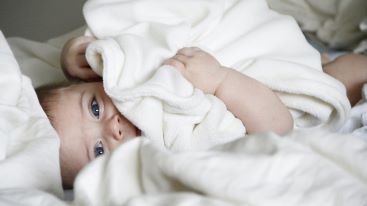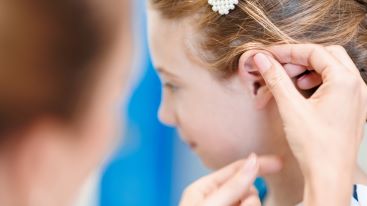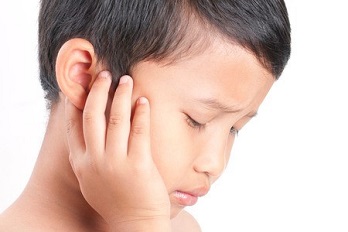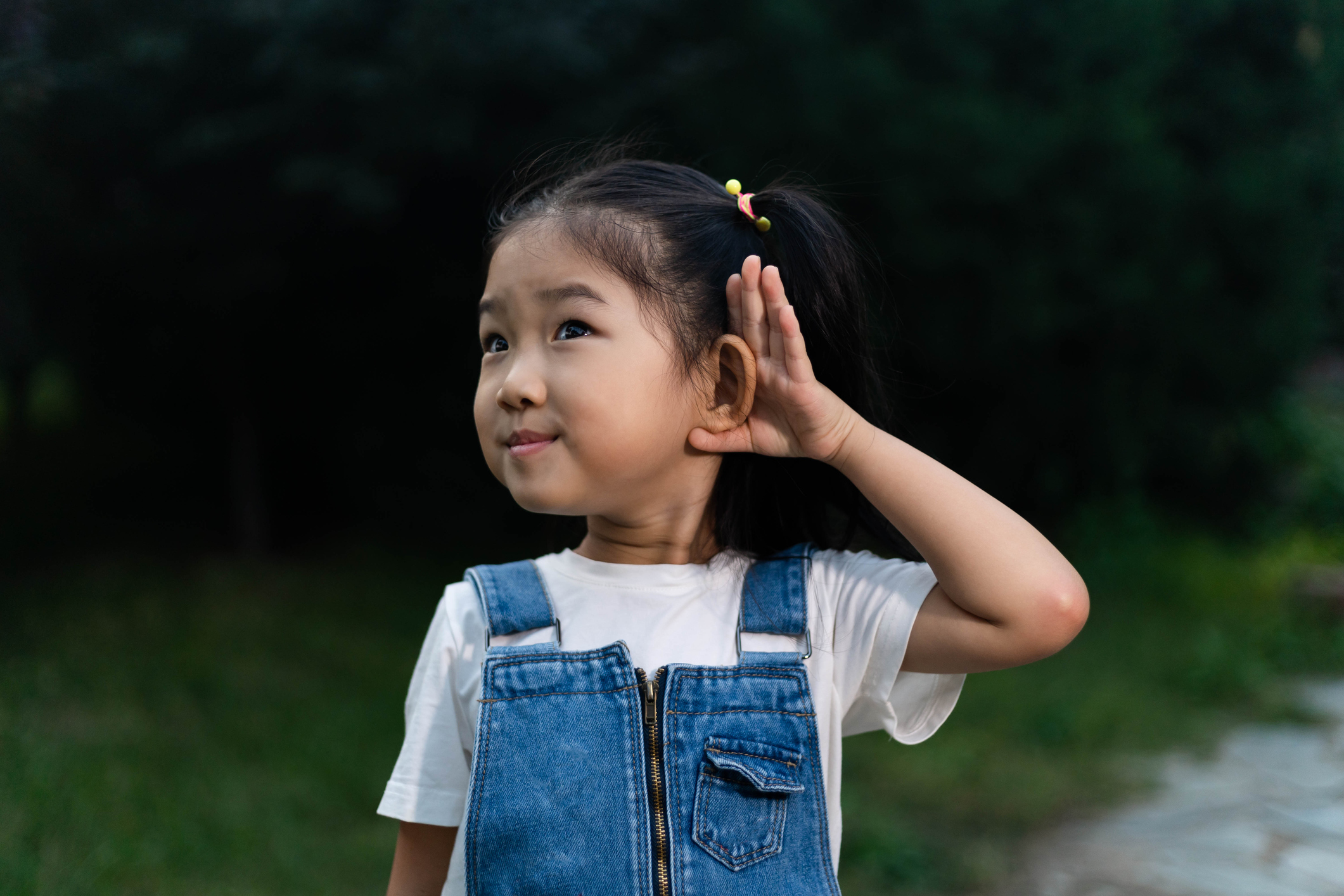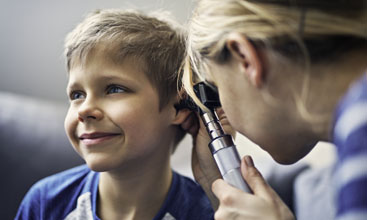ENT for children's ear nose and throat conditions (Paediatrics)
There are numerous ear, nose and throat conditions that can affect children and impact upon the quality of their lives. We know how worrying it can be when your child is sick and needs treatment. The Medical Chambers Kensington is home to Ms Romana Kuchai, an experienced paediatric ear, nose and throat surgeon, who trained at the world famous Great Ormond Street Hospital for Sick Children.
She also runs the Paediatric Clinic for general and complex paediatric ear, nose and throat conditions at Imperial College NHS Foundation Trust St Mary's Hospital, London.
Romana is excellent at reassuring children and their parents, and can help your child with a range of conditions. She's particularly experienced with childhood allergies.
Here are some of the most common children's ear, nose and throat conditions:
Some children's conditions may go away on their own and others may need routine treatment or require surgery. Our specialists will look after your child with individual care and attention and will make sure that you have all the information you need about treatment options. And whatever treatment your child needs we make sure that the experience is comfortable for them.
The links on the left give more information on the above ear, nose and throat conditions, which are common to both adults and children.
But, there are some conditions that have different causes depending on whether they affect an adult or a child. Here's more information specific to children:
Hearing loss
Hearing loss in children may have a clear cause, such as glue ear or an infection, or it may be present from birth. In some cases, the cause may not be clear, so hearing tests may be needed.
Here are some signs that your child may be having hearing problems:
Glue Ear and Grommets
Glue ear is a condition where the middle ear fills with fluid. It's common in childhood and often flares up in winter.
Glue ear usually goes away on its own, but, occasionally, it can cause problems such as hearing loss in one or both ears. If it doesn't go away on its own the usual treatment is to drain the fluid from the ear. This is done by placing tubes (known as grommets) in the ear, which all the fluid to drain away. This is a routine surgical procedure, so you should not worry if your child needs to have this done.
Infections
Ear infections are common in young children. Most go away on their own and will not need treatment, but, sometimes they cause hearing loss, which can be worrying for parents. This is usually temporary and your child's hearing will return to normal once the infection has cleared up.
Our ear, nose and throat specialists will discuss your child's symptoms with you and examine your child's ears in order suggest the right treatments. Treatment for an infection may include painkillers such as paracetamol or antibiotics.
In some cases, the infection may spread to a space inside the middle ear called the mastoid cavity. If this becomes infected it may cause a discharge from the ear and may also affect your child's hearing. Occasionally, the infection can lead to a skin growth in the ear. If this happens, then a surgery (known as mastoid surgery or mastoidectomy) may be needed to remove the infection or skin growth. This is a routine surgery and your child will probably be able to return home the same day. Our ear, nose and throat specialists will be able to discuss this in detail in order to reassure you and make sure your child receives the best care.
Hearing Loss From Birth
In some cases, a child may be born with hearing loss. This may be caused by an inherited condition, or it may be as a result of problems during pregnancy or premature birth.
Understanding the cause is important to finding the right treatments for your child. So, our ear, nose and throat specialists will discuss your child's symptoms and family history with you in detail. They may also carry out some routine hearing tests in order to assess your child's level of hearing loss and make treatment suggestions.
Your treatment choices will depend on the cause and may include hearing aids. These are very helpful for managing your child's hearing loss and they have improved enormously over the last few years. Some of the latest designs can only be seen by looking directly into the ear and are comfortable and safe for your child to wear and use. Our ear, nose and throat specialists can advise on the best types of hearing aids for your child.
Hearing Tests
If the cause of your child's hearing loss is not clear, then our ear, nose and throat specialists may suggest some routine hearing tests.
Tympanometry is a simple test to see if the ear is blocked. A very small tube is placed at the entrance of your child's ear and air is gently blown down it into the ear. This test will not hurt your child and is very helpful in diagnosing conditions such as glue ear.
Pure tone audiometry (PTA) is a non-invasive, painless test used to assess the hearing in both ears. During this test, a machine called an audiometer produces sounds at various volumes and frequencies (pitches). Your child listens to the sounds through headphones and presses a button when they hear them.









